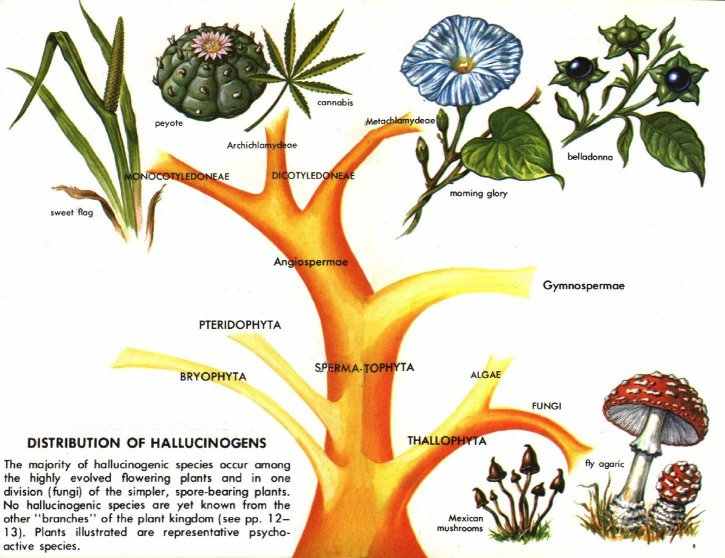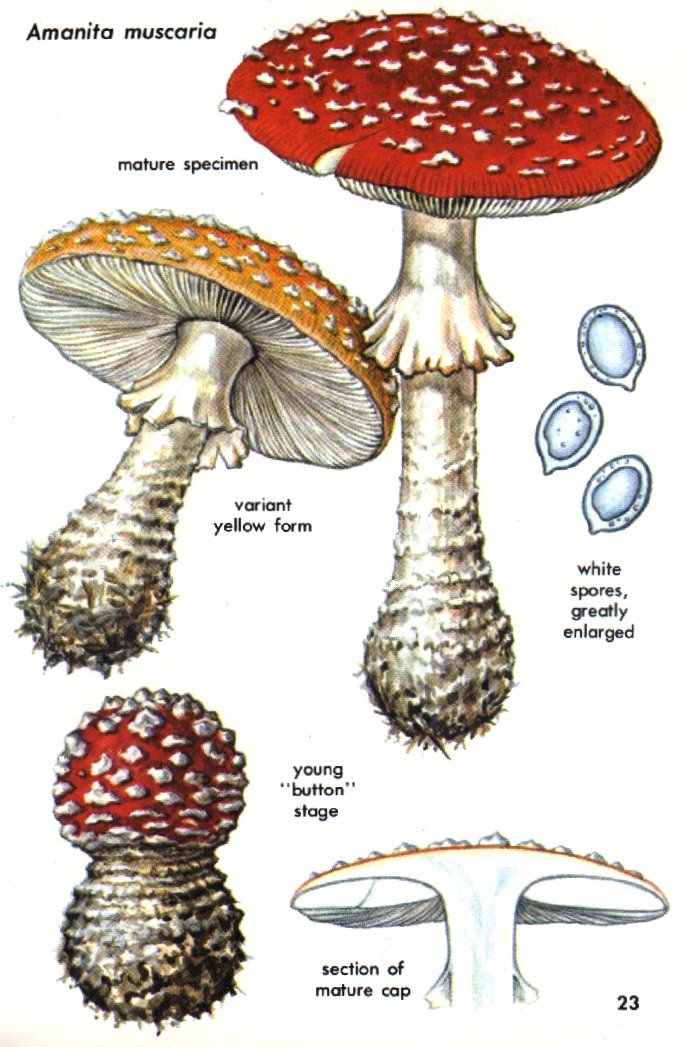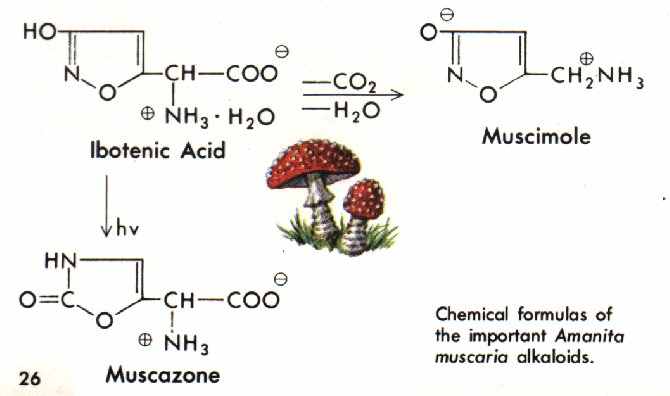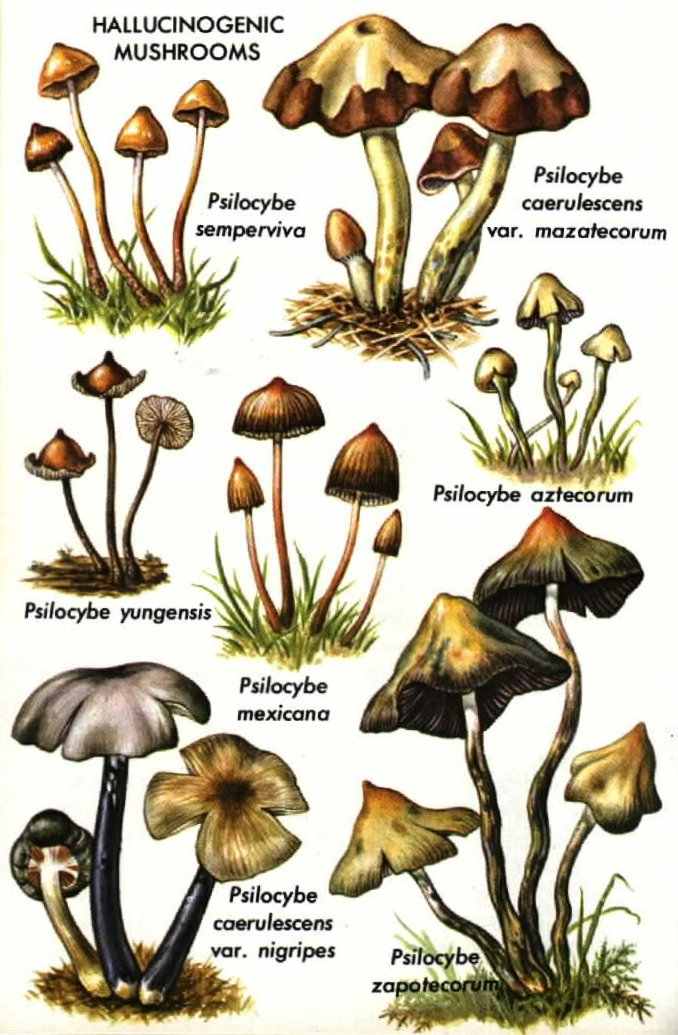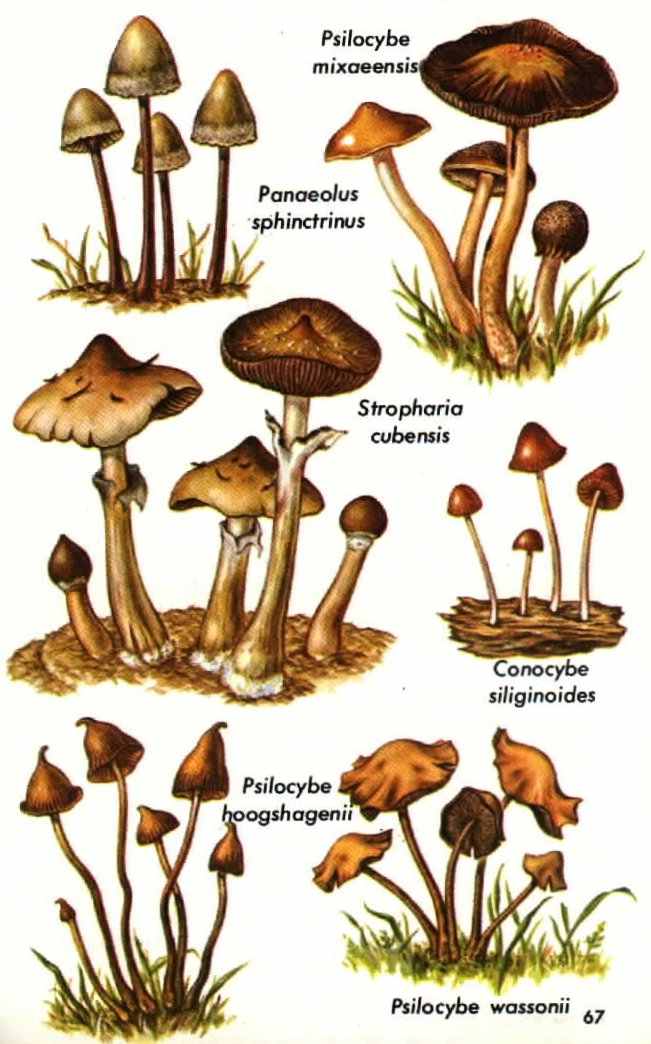I have a sociopath that has
a literally made my life hell for almost three years....
Here is a list of ways to identify a sociopath. This list is from "Profile of a Sociopath". Is is a pretty good list of sociopathic indicators.
- Glibness/Superficial Charm
- Manipulative and Conning
- Grandiose Sense of Self
- Pathological Lying
- Lack of Remorse, Shame or Guilt
- Shallow Emotions
- Incapacity for Love
- Need for Stimulation
- Callousness/Lack of Empathy
- Poor Behavioral Controls/Impulsive Nature
- Early Behavior Problems/Juvenile Delinquency
- Irresponsibility/Unreliability
- Promiscuous Sexual Behavior/Infidelity
- Lack of Realistic Life Plan/Parasitic Lifestyle
- Criminal or Entrepreneurial Versatility
- Contemptuous of those who seek to understand them
- Does not perceive that anything is wrong with them
- Authoritarian
- Secretive
- Paranoid
- Only rarely in difficulty with the law, but seeks out situations where their tyrannical behavior will be tolerated, condoned, or admired
- Conventional appearance
- Goal of enslavement of their victim(s)
- Exercises despotic control over every aspect of the victim's life
- Has an emotional need to justify their crimes and therefore needs their victim's affirmation (respect, gratitude and love)
- Ultimate goal is the creation of a willing victim
- Incapable of real human attachment to another
- Unable to feel remorse or guilt
- Narcissism, grandiosity (self-importance not based on achievements)
- May state readily that their goal is to rule the world
(Obviously, in order to be a sociopath a person doesn't have to exhibit anything like all the above. Usually, the lack of a conscience, the manipulation of others, dishonesty and the inability to love and/or have lasting and profound personal relations and cruelty are key symptoms and often much more revealing than having been in trouble with the courts).
Here is more input and personal anecdotes from other WikiAnswers contributors to help you know if someone is a sociopath:
- First, you'll know a sociopath from the description/list posted above here. Also, as another poster wrote, get a book on Sociopaths and it will help you beyond belief. Even a book or article on controlling personalities or borderline personalities will help you. Once you can identify the pattern you will begin to "see the light." Sociopaths are charming at first and may seem charming and normal to everyone around them. But they have an almost scary need for control. They will isolate you from friends and family and you will be tangled in your web before you know it.
- The key characteristics of a sociopath include: (1) having no conscience, (2) inability to treat others as human beings, with feelings and rights and (3) inability to learn from experience, from life. One result of this last is gross immaturity, though it may be hidden unless one knows the person well. A sociopath behaves as if he/she were the only person in the whole world and as if everyone else just existed for their benefit and had no existence in their own right. (4) Sociopaths treat other people as toys and hanker after the power to control and hurt their 'nearest and dearest'. (5) Many are monumentally self-important: they may pretend to be millionaires when in reality they are sliding towards financial disaster. (6) Habitual dishonesty.
- He will charm his way into your life and heart, then take complete advantage of you - your emotions, your finances, your intellect. He will make you think you are the crazy one. Your friends will see right through him. He will isolate you from your friends and possibly your family. He cannot hold a job and will probably commit crimes - theft, fraud, forgery, and spend time in jail or prison. He will abuse drugs or alcohol. He may abuse you.
- My mother is a sociopath, and from all accounts, has been since she was a very young child. She's caused non-stop turmoil in our family, through three generations, and is a charming and frightening menace. I'm the only one to have gotten any counseling on the issue, and the only child so far not to be controlled by mental problems resulting from our upbringing. As such, I'm the 'parent' as far as anybody in our family is concerned, and the dumping ground for complaints about her shocking awful hurtful behavior. I can recognize she never had any kind of 'close' relationship with her father, but it pales in comparison to the way she treated and treats my siblings and myself. Her bad choices in male companionship have contributed to our family grief, but clearly aren't her fault.
- The book "The Sociopath Next Door" saved me thousands of dollars in therapy!
- It is very difficult to recognize a sociopath but in a nutshell, a sociopath is a parasite. There is no help because a sociopath does not want to be helped. A sociopath will attract you with his charm and bring you to his side, then he will toy with you, lie and show no remorse. Sometimes there will be a fake smile in his face while he engages in his malicious ways. When confronted, he will deny any responsibility, then back away from you and blame you for whatever wrong he did. What is worse, everybody will believe him because he is able to gain sympathy in a cunning and calculating way.
- My nephew is a sociopath. Growing up he would torture my cat, throwing lighted matches into her bed while she was resting. He would break and hide my mother's belongings and lie about it. One day, she caught him hidding the broken pieces of a porcelain figurine with the other missing objects. He lied to his parents accusing her of hitting him. He came to live with me when he started college. For six months I worked hard trying to make him feel at home. I helped him with his college work, and to get a job. For months I was lied and manipulated. I defended him when his boss accused him of lacking respect and attendance. I believed him when I accused of starting fights, drinking and smoking pot in campus. I even offered to pay for a week's vacation once the semester was over to celebrate his good grades, or at least the good grades he made me believe on. At last I found out he had quit college, had no job and had spent the vacation money. He just turned twenty years old. When I told him that he needed to keep a job and/or study if he wanted to stay with me he moved in with his current girlfriend and told everybody, including my family, that I had thrown him out of my house. Unfortunately they believe him. When I confronted him about his lies he smiled and said nothing.
- I have known just one sociopath, and he is among the top ten people from my seventy-two years whom I won't forget. Al briefly changed everything in my family's life and my small business circle with his great charm, his earnest persuasiveness, his expert lies, his scheming manipulations, and finally his very destructive victory. He was an evil guy, but I have to admire his great skill in sculpting his world to suit his plans and fulfill his wishes. I'm not sure why I want to write this story. Maybe it's just to get it out of my system after all of these forty years. But it might perhaps contribute to the overall understanding of sociopathic behavior.
- I'm a little concerned that some people may be labeling everyone who has treated them badly as a 'sociopath'. Here are some examples of sociopathic behaviour: 1. A member of the family develops a nose bleed. The sociopath's first reaction: 'How dare you bleed on my carpet?' 2. Husband faints in wife's presence. Her sociopathic reaction as she steps over his body: 'Hell! That means I'll have to collect the kids from school today'. 3. Mother makes singularly vile false allegations, such as rape, against her own son and calls the police. When the police point out there's no evidence to support her accusation, she says, 'But I feel just oh-so-violated', as if that constituted evidence. 4. Teenage daughter is diagnosed as suffering from schizophrenia. When the psychiatrist orders inpatient treatment at a mental hospital with a special unit for teenagers, the sociopathic mother tries to prevent her going to hospital. When the father takes their daughter to the mental hospital, the mother threatens to abduct her! She tries to phone her daughter in hospital daily and subjects her to emotional blackmail.
- A number of mind-controlling cult leaders may exhibit many of the behavioral characteristics of a sociopath -- an outstanding ability to charm and seduce followers. Since they appear apparently normal, they are not easily recognizable as deviant or disturbed. Although only a trained professional can make a diagnosis of whether or not someone is a sociopath, it is important to be able to recognize the personality type in order to avoid further abuse. These traits also apply to a one-on-one cultist relationship. ... Glibness/Superficial Charm ... Manipulative and Conning ... Grandiose Sense of Self ... Pathological Lying ... Lack of Remorse, Shame or Guilt ... Shallow Emotions ... Incapacity for Love ... Need for Stimulation ... Callousness/Lack of Empathy ... Poor Behavioral Controls/Impulsive Nature ... Early Behavior Problems/Juvenile Delinquency ... Irresponsibility/Unreliability ... Promiscuous Sexual Behavior/Infidelity ... Lack of Realistic Life Plan/Parasitic Lifestyle ... Criminal or Entrepreneurial Versatility
- umm... i kind of am one... just so y'all know, it's not so much fun being one either. i read that sentence up there, "Incapable of real human attachment to another." i don't even know what that is, i see it, i approximate it... it's like being outside a door looking through a dirty window and watching re-runs of people I've seen in love or with children or with friends, and scratching, sometimes banging at the glass to get in and... nothing. I'm fond of people in every sense of the word, their little quirks and habits, the way they see life, except if they went away it wouldn't bother me much other than finding someone else to be fond of. i don't have friends, i only date military men because they're ok with only having a girlfriend for a couple months and i tell them in advance i won't wait for them... i don't know what else to do to limit the damage i inflict on others just as a result of them knowing me, short of moving to the mountains... but i still move between 2-5 times a year :( it's kind of hard walking around knowing I'll never have what i see making other people so happy and running when i can tell someone is getting close just because i don't want to hurt them more later down the road... I'd like it a lot to settle down, i WANT to be able to feel more with people, but it's hard to miss what you never had. i want what i THINK it would feel like... it'd be easy to give in and let someone stay because I'm so lonely... but hey, I've written enough, just know i try to be a responsible little sociopath, i won't ever get married or have kids, i practice safe sex, i won't stay in one city for long... everything you all take for granted i will never let myself have just because i WANT to take it for granted. being like this won't go away so hopefully i can limit the amount of hate thrown my way by limiting my interaction with people, i don't know what else to do. and you all might not believe this, but i am sorry, hopefully i can speak for the other people who have damaged your lives.
Comment: The above testimony is clearly not indicative of a sociopath because they seem to make efforts to keep from harming others, even if it doesn't benefit themselves.
A sociopath does not have to be a person that is constantly in and out of jail, failing in being able to keep a job, nor constantly being broke. Sociopath's can be wealthy, have a great history in the work place and have never had any run in with the police. What they do have is the ability to manipulate each situation to where nothing is their fault. They are quick to give praise to someone, but use that as another way to draw them further under their control. They truly have no capacity to believe that anything they have ever done is wrong - even when caught in a bold faced lie.
They don't preplan their "sociopathness" and how it will effect what they want - sociopath's are naturally that way. They are the way they are - to everyone in their lives - from when they were a child, throughout their entire lives. They do not have the ability to change the way they are. They may "mellow" as they age, but their need to have control over others, the need to be impulsive, their feelings that, even in lying, they never do anything wrong, and their ability to charm everyone they think they need to charm, does not leave them as they age.
It's also very hard for someone involved with a sociopath to be able to see what they know is happening, even after catching the sociopath in the lies and manipulation. It's incredibly hard to decide to leave a sociopath, as well as stay away from that sociopath.
== Answer == The American Medical Association and American Psychological Society does not recognize any patient as a sociopath. A patient that would be called a sociopath in the vernacular most likely suffer from Antisocial Personality Disorder. == See Related Links == See the Related Link for "Answers.com: Sociopath" to the bottom for the answer.
So, ask yourself. Is he/she scatterbrained and flighty? Does he have trouble in concentrating on more than one thing at a time, to the point that he can endanger his safety or that of others? Does he fly into a rage at the slightest thing? Is he controlling and manipulative? Does he "have to" get rough to have sex? Does he lie a lot, or, if not, at least does he twist and slant the truth and leave out crucial details?
Even if it's "yes" to most of these things, it could be something else.
But it is best to find out.
Numerous websites on the Internet will tell you that research using brain scanning technology has recently revealed that the brain of a psychopath functions and processes information differently.
Are you involved with a psychopath (extreme sociopath)? You may not know because they can be very charming and friendly and can appear to be altruistic, until you get close and inevitably they do something threatening or immoral and then you must set limits that disappoint them. The near-constant state of frustration and dissatisfaction felt by a true psychopath is the source of not only their rages but those eerie, on-and-off-like-a-faucet tears. (Yes, tears are seen even in some men, though of course still more common in children and women.)
But, don't assume anyone is a psychopath based only on the person's apparent attitude and behavior. It is far more complex than that, including factors in the pattern of the person's life and many other characteristics. Please don't go around assuming or calling someone a psychopath just because he/she may have some of the warning signs. Get a professional opinion from a qualified mental health professional if you think you are involved with a psychopath. And then ask what to do, not only for the psychopath but for yourself, because being involved with a psychopath is risky.
ALSO:
Bizarre brain waves from some parts of the brain and none from some other parts; epileptic seizures (usually grand mal); speech impediments caused by a chaotic way of storing information in the brain; low blood-pressure (hypotension); bradycardia (low heart rate); pseudoneurolepsy (falling asleep suddenly); a type of night-blindness caused by constriction of the pupils; sleep apnea; sleepwalking (somnambulism); other sleep disturbances; migraine or cluster-headaches with visual 'auras'; varying degrees of incontinence; lethargy OR wild excitement; unexpected sexual arousal; loss of sense of taste or smell; trouble with depth perception; inability to recognize facial expressions; inability to concentrate on more than one thing at a time; occasional inability to concentrate on anything at all; certain types of muscle spasticity or nonresponsive reflexes associated with a peripheral neuropathy if present.
Many people without ASPD can have any of these problems; without the key psychiatric markers for ASPD, these physical manifestations alone CANNOT be used as evidence of the diagnosis. (For example, Borderline Personality Disorder, which is in most ways the opposite of ASPD, can cause hyperalertness and very fast talking, behavior that also resembles that of a sociopath in a temporary state of excitement.)
The general rule is that the autonomic nervous system of people with some Axis II personality disorders does not respond normally; in BPD the sympathetic nervous system (Fight-or-Flight) is overreactive; in ASPD it is usually (though not always) underreactive.
Most of the physical problems a sociopath exhibits are neurologically based.
They do not have the ability to change the way they are. They may "mellow" as they age, or burn out, but their need to have control over others, the need to be impulsive, their feelings that, even in lying, they never do anything wrong, and their ability to charm everyone they think they need to charm, does not leave them as they age. It's also very hard for someone involved with a sociopath to be able to see what they know is happening, even after catching the sociopath in the lies and manipulation. It's incredibly hard to decide to leave a sociopath, as well as stay away from that sociopath.
One of the reasons for the above is that
people can sense that the sociopath needs something, and they keep trying to give it and the sociopath/psychopath keeps trying to take it. But the sociopath cannot truly take in that healing energy of human contact. So, the sociopath becomes frustrated and instead looks to take unfair advantage.
And the caregiver may give until it does him/her damage. This won't help anyone: leave therapy to the professionals.
And, as for EVIL...
Mentally ill people, no matter how much
trouble they cause, are
sick, not possessed. And, yes, some psychopaths
do terrible things, forfeiting their lives in the process. But most of them do
not kill.
They are, however,
bitter and rageful, and often cause deep emotional suffering for others.
Isn't this EVIL? The
BEHAVIOR is, yes. But the PEOPLE just
are what they are.
Some say psychopaths are damned. Some psychopaths say they're already living in Hell! It can feel that way.
Psychopaths --
Sociopaths -- are the way they are because, from birth onward, the brain of a sociopath stores learning information in a random, chaotic way instead of in the usual designated places in the cerebral cortex.
Part of this involves lack of crucial neurotransmitters, but as of yet no one knows whether this lack is caused BY the brain abnormality or is the cause OF it. It's probably the former.
Another probable cause is the chronic underarousal of the cerebral cortex of a true psychopath.
Since their information -- including emotional information -- is scattered all over both brain hemispheres, it takes too long for the brain to retrieve and process information, and the entire process of socialization becomes so ponderous that ultimately it fails. (See the book "Without Conscience" by Robert Hare, PhD.)
Since the entire cerebral cortex of a sociopath is almost never at a normal level of alertness (their waking brain waves resemble the waves of a normal person in a light sleep, alpha waves), this may be the crucial deficiency that cripples the developing child's ability to develop many aspects of the human mind. As the child grows, some of the basic mental and emotional skills the rest of the world takes so for granted never develop, and crucial among these is the thing called conscience. That one never develops at all.
Some people may envy the apparent calm of a sociopath, but their existence is misery. They cannot connect with other human beings, and as babies they are so uncomfortable being held that they fight to wriggle free of all but the most basic necessary contact. Their heartbroken parents often blame themselves or the child, never knowing that what is really wrong with the child is in his or her brain.
Under the almost somnolent calm sociopaths project is a constant sense of restlessness and lack of crucial fulfillment that is in truth nothing other than the basic need all people have to receive stimulation and support from others.
But a sociopath has no way of receiving this even if it's offered. The endless frustration of this, and a discomfort that they are utterly incapable of articulating or even really understanding, is the source of much of their chronic anger and aggression.
Plus, since they grow up in constant conflict with authority, they are most often bitterly angry and sometimes violent adults, brittle and combatative under a thin veneer of charm.
Offered friendship, they appear to respond, but quickly discover that they can get nothing from it; they see the obvious pleasure of other people in such contact with each other, and they often seek to "even it up" by stealing what they can -- material goods, or even human lives.
They are constantly told how "bad" they are, and by adulthood, most of them believe it. And behave accordingly.
Sociopaths rarely feel true happiness. If they do, it is usually in the condition that some kind of intervention -- such as one of the small number of medications made for other conditions that may also help somewhat with theirs -- has taken place, and it will be fleeting.
For all their frantic racing around, they are really very dead inside, and this is tragic beyond description.
Imagine spending your entire life trying to get your brain to wake up! And failing. Thousands of times.
There are stories of people diagnosed as sociopaths who did improve to some degree, with the most ceaseless and diligent help. But since the vast majority of this huge body of people (there are
more than three hundred million sociopaths on Earth) cannot get that kind of attention, they turn to abusing those they envy, and often to crime. It is certainly vengeance: "If I can't have any of this, why should you?" This is the real reason sociopaths lash out at strong and kind people. No matter what they say, they know that inside, they are always empty and damaged beyond repair.
Only in neuroscience is there true hope for these incomplete people. The key lies in
awakening the cerebral cortex of the brain, which is risky because sociopaths are much more prone to seizures than the rest of the population, and that -- an uncontrolled blast of electrical discharge spreading through the brain and causing violent convulsions -- is likely to be the first response from brain pathways that, after years or even decades of silence, are suddenly flooded with impulses.
But if the devices of neurosurgeons can be tweaked to avoid this shock, and all else related to this idea is workable, it's feasible that small electronic devices planted in the brain (these already exist, but are not yet being used for mental illness) could open up a closed connection.
That leaves us with the problem of whether a lifetime of scattered information can ever be set into order. Probably the best that could be hoped for would be a kind of retraining -- like what is now done with stroke survivors and head injury patients -- that would be both intensive and compensatory.
One of the things that would be necessary would be to try to socialize the person whose congenital birth defect made such a thing completely impossible before.
Whatever intervention is used, be it drugs or computer chips or what have you,
it would probably -- I'd say certainly -- be excruciating for the patient at first.
With no knowledge of how to cope with the emotions the rest of the world has been dealing with all their lives, the recovering sociopath would be rendered as vulnerable as a baby.
Which makes sense, because some of the most basic aspects of the human mind would be developing from the primordial stasis in which they had remained since birth!
A person thus treated would never be fully normal, but
the human brain is amazing in the way it adapts and continues to develop all through life.
And given the utterly joyless and meaningless existence a sociopath leads, any improvement is better than none.
The matter of
missing neurotransmitters in a sociopath is, of course, another problem. Would "waking up" the cerebral cortex eventually stimulate production of these? Or would they have to be synthesized?
Only time will tell.
Shallow affect when no one's paying attention to them Cold, dead eyes Possibly very charming Deceit and manipulation are key features


